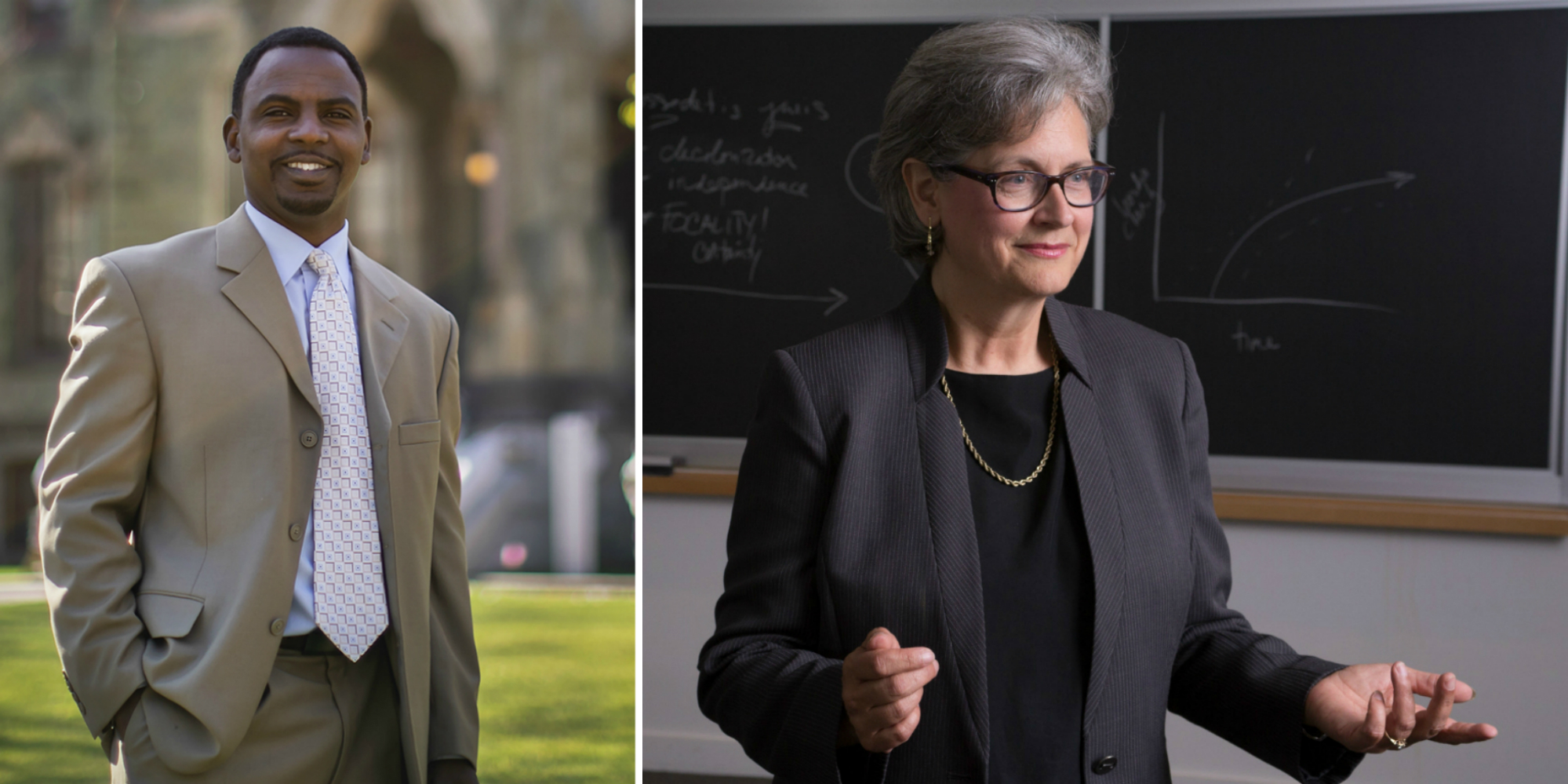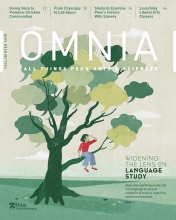Two faculty from the Department of Political Science have been selected as 2018 Andrew Carnegie Fellows. Daniel Q. Gillion, Julie Beren Platt and Marc E. Platt Presidential Associate Professor of Political Science, and Beth Simmons, Andrea Mitchell University Professor, will each receive a $200,000 stipend allowing them to devote as long as two years to research and writing.
Gillion will work on a project titled “The Loud Minority: Why Protests Matter in American Democracy,” focusing on how activism influences elections and voter turnout.
“Protest is the pulse of American democracy that indicates the inevitable changing political tide. It places issues on the political agenda and makes certain issues salient,” says Gillion.
Zeroing in on the political consequences of protest activities across the partisan divide, the project will study the ways protests act as an avenue of communication between activists and non-activists, providing a space for greater discussion on difficult issues. To complete his project, Gillion will evaluate media reports regarding protests from 1940 to 2018 and conduct a national survey of voters following the 2018 midterm elections. He will also look at whether gerrymandering endangers democracy and heightens racial inequality.
Simmons, a Penn Integrates Knowledge Professor who also holds an appointment in Penn Law, will focus on “Structures and Sentiment: Understanding Anxieties About International Borders in the Modern World.” The project will develop two databases. One is a first-of-its-kind global satellite-generated database of major border crossings. The second documents public sentiments that view international borders as spaces of opportunity versus threat.
“This innovative research will give us a fresh understanding of both architectural structures and societal sentiments that point to contemporary anxieties about international borders,” says Simmons, who studies international political borders during an age of globalization. “It will provide essential data to ultimately understand the consequences of thickened and hardened borders for human rights, health, security, and well-being in the border regions.”
The next phase of Simmons’ project examines the built environment at border crossings in their broader institutional contexts. She will work to understand the layers of official bordering that support the filtering of mobility and trade.
Created in 2015 by the Carnegie Corporation of New York, the fellowship program supports high-caliber scholarship and research that applies perspectives from the humanities and social sciences to address pressing issues.




